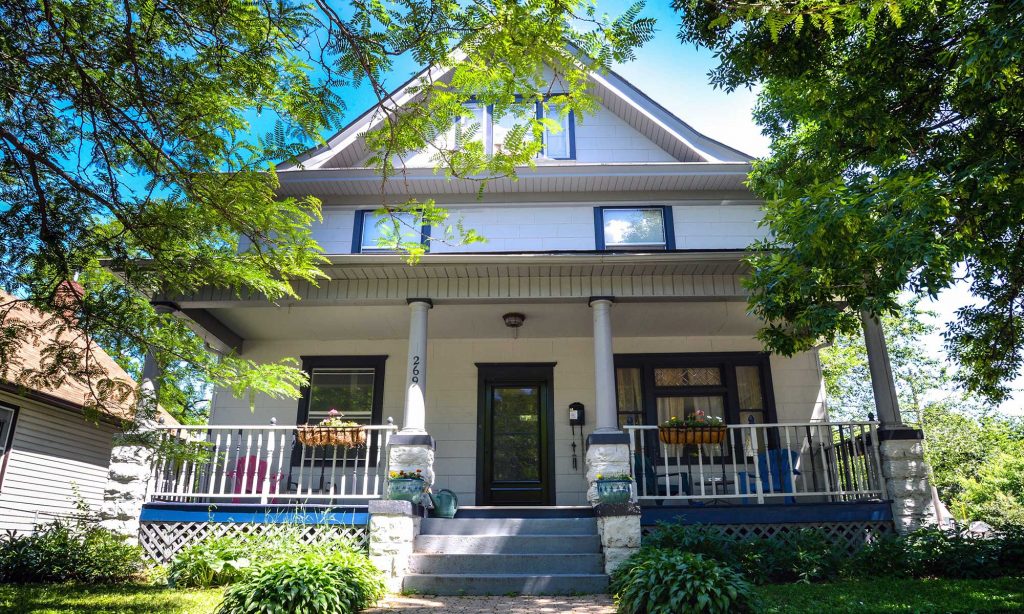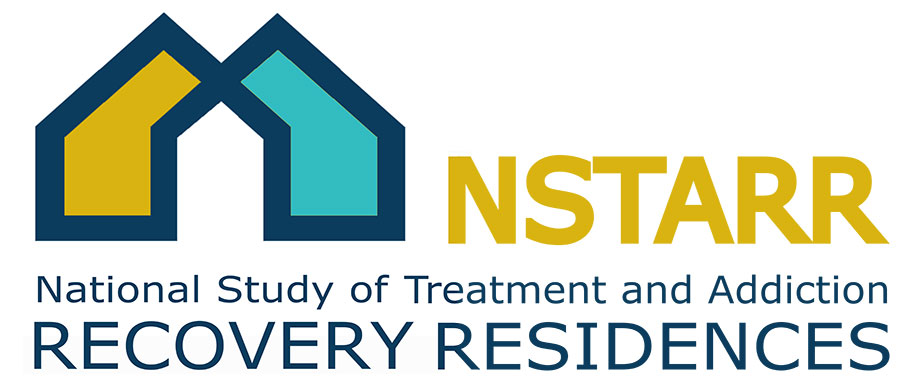The Project
NSTARR is the National Study of Treatment and Addiction Recovery Residences

Recovery residence in Minnesota
Safe and stable housing is essential to recovery from addiction to alcohol and drugs. Recovery housing represents a unique and innovative way to ensure that individuals in recovery have access to housing that facilitates recovery.
A growing body of research supports the effectiveness of recovery housing, and findings to support recovery housing evidence-based practices are beginning to emerge. However, there are critical gaps in our understanding of recovery housing.
Addressing Gaps in the Field
Research on recovery housing has, in the past, generally focused on certain types of recovery housing, or on recovery housing in specific geographic regions. We also lack tools necessary to provide a complete picture of the national recovery housing landscape.
To address these gaps, NSTARR will:
(1) Examine the availability of recovery housing in the US and describe the environments where recovery residences are located;
(2) Characterize the national recovery housing landscape in terms of organizational and residence characteristics, policies, practices, programming, and service delivery orientation. NSTARR will also explore whether these characteristics vary depending on where residences are located;
(3) Identify underlying patterns among recovery residences and examine the association between these patterns and existing categorizations of treatment and recovery housing;
(4) Explore organizational, residence, policy, practice, programming, and delivery orientation characteristics associated with recovery housing practices that have studies that back them up. This is referred to as evidence-based practices.
Study Activities

Recovery residence in Colorado
We will create a national database of recovery residences. We then will survey 800 residences that are randomly selected from this database, making sure that all states are represented. To do this, we will consult with a diverse group of experts in the treatment, recovery, housing, and recovery housing fields.
All residences in the database will be coded based on their geographic location (geocoding). This will allow us to then link the residences with contextual information, such as data on alcohol and drug treatment availability, alcohol outlets, and crime statistics.
The survey will collect critical data on organizational and residence features, policies, practices, programming, and service delivery orientation. This will illustrate the essential features of recovery housing and will delineate different types of it.
Anticipated Impact
NSTARR is the largest and most diverse study of recovery housing to date, laying the groundwork for observing this important component of the housing, treatment, and recovery support services landscape.
NSTARR will facilitate future research on recovery residences: large-scale national studies of recovery residences; comparative effectiveness studies, and cost-effectiveness studies of different types of recovery residences; studies identifying which sort of recovery residence works best for whom; and studies of policies and organizational practices that increase recovery housing access and utilization.
